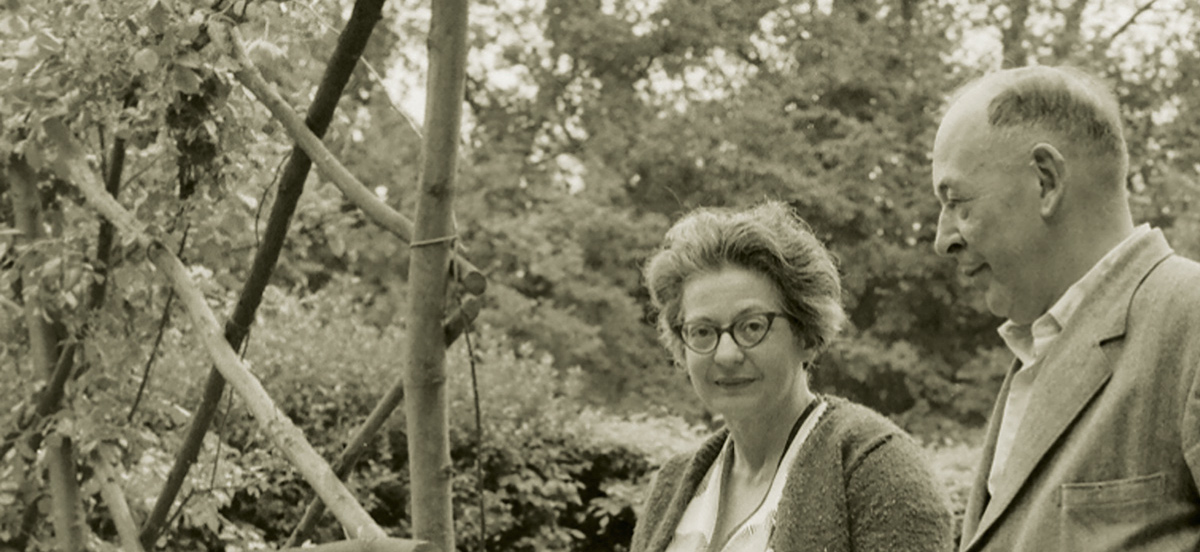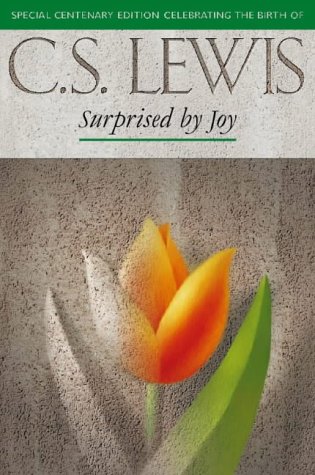

Further, the movie well depicts the vagaries and eccentricities of academic life in Britain and I found several classroom scenes exceptionally good in the way they depicted Lewis as formidable teacher/interrogator. And I found myself teary-eyed and sniffling through the last third of the movie as Jack's valiant wife first rallies against, then succumbs to bone cancer. I cheered with most others when Joy came "bounding" (almost literally) into Lewis's life, interrupting his confirmed bachelorhood, and violating the decorum of stiff-upper-lip British masculine society with her exuberant, feminine quest for knowledge, and her brash American sense of humor. Let it be said at the outset that the movie is thoroughly enjoyable. Herewith is a review of the movie-as-a-movie and as a would-be biography of the later years of Lewis's life. ("Jack") Lewis may be curious about its authenticity as a treatment of the last decade or so of his life and the vitality of the script's witness to his and his wife's Christian faith. In the view of the film's rather surprising popularity, and Winger's Oscar nomination, many Christians and admirers of C.

The movie script represents an adaptation and an expansion of the play by its original author and is depicted in the opening credit as "a true story." The movie has since gotten national attention in ever-widening circles by virtue of its cast, particularly the fine performances by Debra Winger as Joy Davidman Gresham and Anthony Hopkins as Lewis, and its novelty, a story of an unlikely romance between an aging "Oxbridge" don and a divorced American Jewess who became a Christian. A stageplay of the same title by William Nicholson had been produced by the BBC in 1988 and has been shown on PBS in America since then.

Lewis and his marriage to Joy Davidman Gresham and directed by Sir Richard Attenborough, was released in the United States on Christmas Day, 1993. Shadowlands, a movie (very) loosely based on the life of C.


 0 kommentar(er)
0 kommentar(er)
